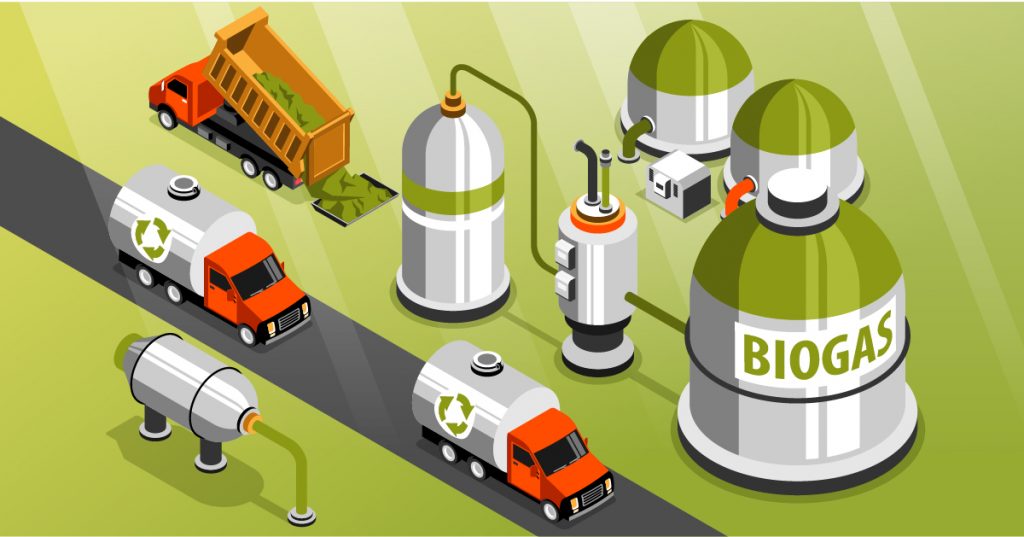Saudi Arabia faces one of the world’s greatest water challenges. With scarce natural freshwater resources and rising demand from urban growth, industry, and agriculture, the Kingdom has long relied on desalination and water imports to meet its needs. However, as sustainability becomes central to its Vision 2030 goals, innovative solutions are being adopted to conserve and reuse water. Among these, the biological treatment of wastewater has emerged as a game-changing approach, helping the nation save resources while protecting the environment.
What is Biological Treatment of Wastewater?
At its core, biological treatment of wastewater uses microorganisms such as bacteria to break down organic pollutants in sewage and industrial effluents. Instead of relying solely on chemicals, this process harnesses natural biological activity to clean water. The result is reduced contaminants and treated water that can be reused for non-potable purposes like irrigation, cooling, and industrial operations.
In simple terms, biological treatment is the process of turning sewage into a valuable resource rather than waste. It is cost-effective, environmentally friendly, and scalable for both municipal and industrial applications.
Importance of Biological Wastewater Treatment in Saudi Arabia
With water scarcity being a critical issue, the biological wastewater treatment approach holds immense value for Saudi Arabia. The country produces millions of liters of sewage daily. Without proper treatment, this wastewater could pollute land and marine ecosystems. By adopting advanced biological methods, Saudi Arabia can:
- Reuse treated water for agriculture and landscaping.
- Reduce dependency on desalination plants, saving energy and costs.
- Protect groundwater reserves from contamination.
- Minimize environmental pollution and improve overall sustainability.
This approach aligns with the nation’s strategy to diversify resources, improve efficiency, and create a circular economy.
How Does Biological Treatment of Sewage Work?
The biological treatment of sewage involves a series of processes designed to remove organic matter, nutrients, and other pollutants. Common steps include:
- Aerobic Treatment – Oxygen is supplied to microorganisms that digest organic pollutants. This is widely used in activated sludge processes.
- Anaerobic Treatment – Microorganisms break down waste in oxygen-free environments, producing biogas as a renewable energy source.
- Biofilms and Bioreactors – Advanced systems where microbes grow on surfaces or within reactors, efficiently treating sewage with minimal space.
Advantages of a Biological Sewage Treatment Plant
For Saudi Arabia, where water and energy efficiency are priorities, the benefits of a biological sewage treatment plant are immense:
- Resource Recovery – Treated water can be reused for irrigation, industrial processes, or groundwater recharge.
- Energy Generation – Anaerobic processes generate biogas, which can be used as a renewable energy source.
- Cost-Effective – Lower chemical usage compared to conventional methods reduces operational costs.
- Environmental Protection – Prevents harmful discharge into ecosystems, ensuring compliance with environmental regulations.
- Scalability – Suitable for both small communities and large industrial complexes.
Real-World Applications in Saudi Arabia
Several municipalities and industries in Saudi Arabia are now investing in biological treatment of wastewater facilities. Urban centers use large-scale sewage treatment plants to supply recycled water for landscaping and agriculture. Industries, particularly in petrochemicals and food processing, rely on biological wastewater treatment systems to meet environmental standards while conserving resources.
These initiatives not only reduce stress on desalination plants but also create opportunities for renewable energy generation through biogas recovery.
Unveiling Ion Exchange’s Pioneering Solutions for Chemical Treatment of Wastewater
For over six decades, Ion Exchange has been delivering comprehensive water and wastewater treatment solutions to a diverse range of industries, institutions, municipalities, and communities worldwide. Our solutions include customized and pre-engineered water treatment plants designed to meet critical quality requirements for various uses.
Coagulation and Flocculation
Coagulation and flocculation are essential processes for removing colloidal particles from water. Our range of synthetic cationic, anionic, and non-ionic organic coagulants and flocculants is effective in clarifying and filtering water and removing heavy metals and color from wastewater and process fluids. Additionally, our chemical dosing systems, available in various capacities, ensure precise chemical treatment applications. Ion Exchange offers a complete range of coagulants and flocculants for solid-liquid separation in various applications, benefiting from:
– Removal of suspended solids and colloidal silica in pre-treatment
– Elimination of colloidal organics
– Solid-liquid separation in effluent treatment equipment
– Color removal in distillery and textile effluents
– De-oiling in refinery effluents
– Pre-treatment for reverse osmosis to reduce SDI
– Brine clarification
– Miscellaneous process applications
Biological Treatment: Driving Sustainability in Vision 2030
Saudi Arabia’s Vision 2030 emphasizes sustainability, resource efficiency, and environmental stewardship. The adoption of advanced biological treatment systems directly supports these goals by:
- Reducing dependence on expensive desalination.
- Recycling wastewater into a usable resource.
- Promoting renewable energy from biogas.
- Ensuring compliance with global environmental standards.
By positioning wastewater as a resource rather than waste, Saudi Arabia is leading the way in sustainable water management in the Middle East.
Conclusion
The biological treatment of wastewater is more than a technology—it is a pathway to resource conservation and sustainability in Saudi Arabia. Through processes like aerobic and anaerobic digestion, biological sewage treatment plant systems transform wastewater into clean water, renewable energy, and valuable by-products.
As Saudi Arabia advances toward its Vision 2030 objectives, adopting biological wastewater treatment will play a crucial role in ensuring water security, protecting ecosystems, and saving resources.


